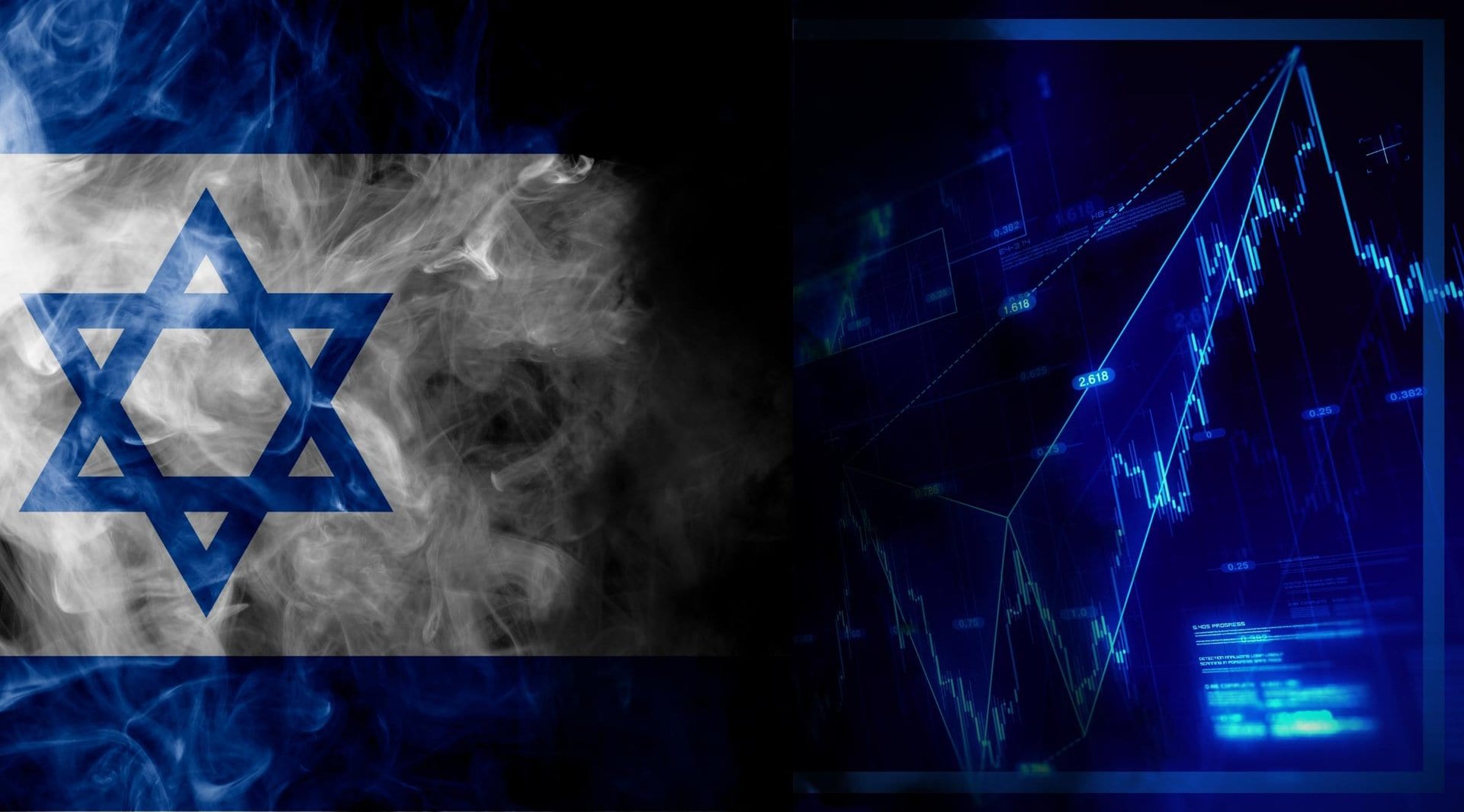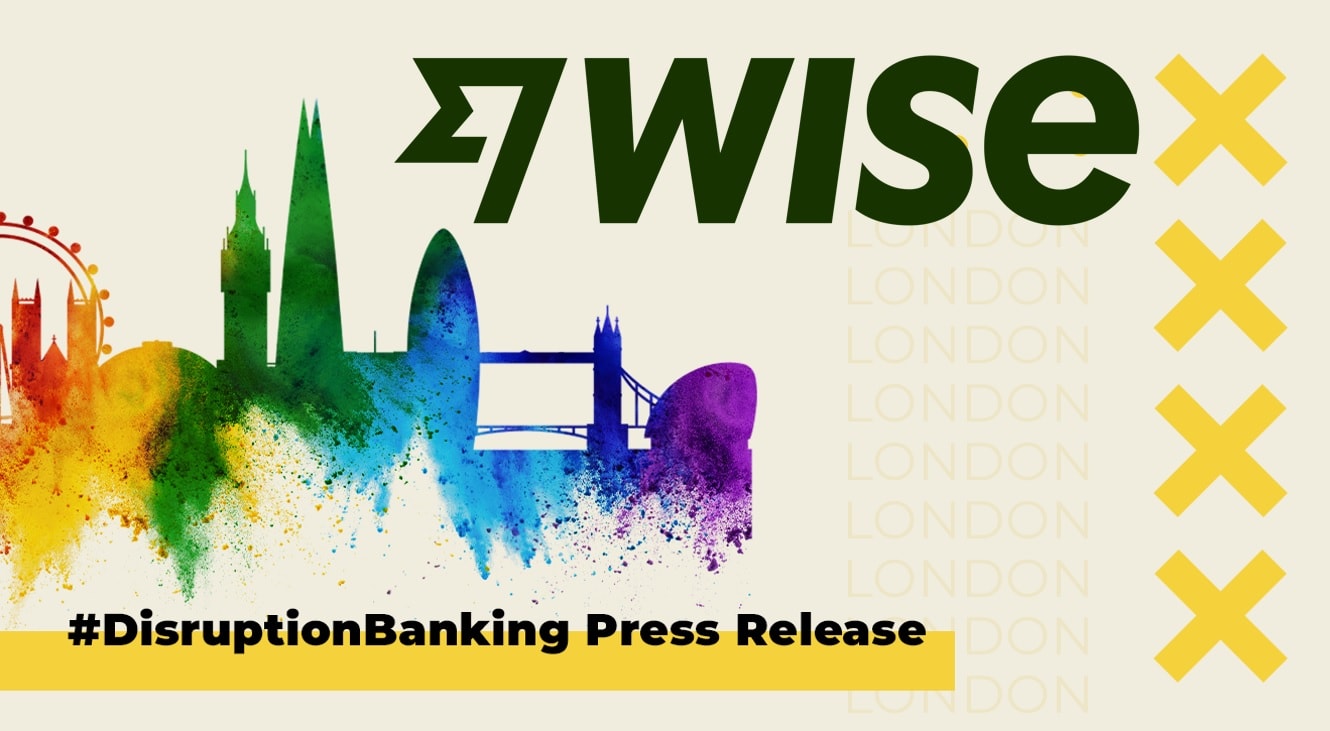The market reaction to the conflict in Israel and Gaza has been – perhaps somewhat surprisingly – relatively muted. The Israeli shekel lost about 5% of its value against the dollar in the days after Hamas’ attack in Southern Israel but has since stabilised and strengthened with the pledge of support from the Bank of Israel. The price of crude oil on global markets briefly jumped on fears of a wider regional conflict that could imperil supplies but has now dropped to below pre-war prices. The Tel Aviv Stock Exchange Index (TASE) shed over 10% in the first few weeks of the conflict but has now begun to rally again, while remaining a way off this year’s highs.
Of course, there have been more direct economic impacts on Israel’s real economy, and there will be more the longer the conflict goes on. 350,000 army reservists – which represents some 8% of the country’s entire workforce – have now been deployed in what will inevitably be a blow to productivity and growth. The Israeli government has estimated that the cost of the war could reach 200 billion shekels ($51.4 billion) – about 40% of the country’s entire annual budget. Inflation is likely to become a problem given the central bank has resorted to quantitative easing (QE) to extend billions of dollars in cheap credit to small businesses in a bid to help them survive the war and prolonged economic contraction.
Israel's war is costing $260 million a day and causing a reckoning over Benjamin Netanyahu's unprecedented spending on religious programs and settlements https://t.co/HLtKNlR9WV
— Bloomberg Markets (@markets) November 12, 2023
A hedge fund manager in Jerusalem told Disruption Banking that foreign investors are understandably “getting shied off” investing in Israeli stocks for the time being – given both the economic repercussions and the uncertainty of wartime investing. “However, this isn’t about fundamentals, it’s about confidence,” he said.
The hedge fund manager said he sees the current period as a buying opportunity in Israel because, while markets have stabilised somewhat, asset prices on stock markets are relatively depressed and are unlikely to grow by substantial amounts until such time as the war is over and the economic and political fallout is fully understood. This goes both for listed companies on the Tel Aviv Stock Exchange and Israeli companies listed on American exchanges such as the Nasdaq.
He also cited a famous saying that was attributed to Baron Rothschild, who once said that the best time to buy is “when there is blood in the streets.” Warren Buffett, one of the most famous contrarian investors of all time, similarly said: “be fearful when others are greedy, and greedy when others are fearful.” Could contrarians find strong alpha in Israeli stocks?
You get rich when there is blood in the streets
— Brennan Schlagbaum, CPA (@Budgetdog_) November 7, 2023
What sectors could benefit specifically? The manager suggested that construction and communication stocks could be of particular interest. The share price of companies such as Caesarstone, which focuses on home building, and Allot Communication have steeply fallen for the simple reason that investors fear their assets could be literally destroyed. However, once the war has finished, companies such as these are likely to see strong growth as the public and private sector seeks to rebuild Israel and Gaza. “You want to buy low and sell high. The building and construction sector could be on fire once the war ends.”
There is another, less direct reason to be bullish on Israeli stocks – particularly technology stocks. Aaron Katsman, CEO at Lighthouse Capital, an investment advisory firm in Jerusalem, told Disruption Banking earlier this year that times of war and conflict usually create strong growth in Israel’s start-up and tech scene.
“Ultimately it was geopolitical risks and security risks from neighbours that gave the initial boost to Israeli high tech, because we had all these technologies that we developed in the army, and then were adapted for consumer adoption,” he said. Katsman predicts that, with the situation in Gaza meaning the government will ramp up spending on military technology, we will see a deluge of new start-ups and tech firms be set up in the post-war market – something that could potentially prompt a broader rally in tech-related stocks. This has been the case before, particularly after the Second Intifada of the early 2000s, which produced the conditions out of which several Israeli tech giants emerged.
Political instability and a surge of violence in the West Bank is fuelling fears among foreign investors in #Israel. But there is no evidence that markets are rattled at all. @DisruptionBank:https://t.co/RQAoc6WoUj
— Harry Clynch (@clynchharry) February 28, 2023
It is unclear for how long the war in Gaza will continue. High-ranking Israeli generals have predicted that the situation could last for as long as a year. Until then, share prices on Israeli markets are likely to remain subdued. But the growth potential upon the war’s conclusion is significant. “Invest when there’s blood on the streets…”
Author: Harry Clynch
The editorial team at #DisruptionBanking has taken all precautions to ensure that no persons or organisations have been adversely affected or offered any sort of financial advice in this article. This article is most definitely not financial advice.















